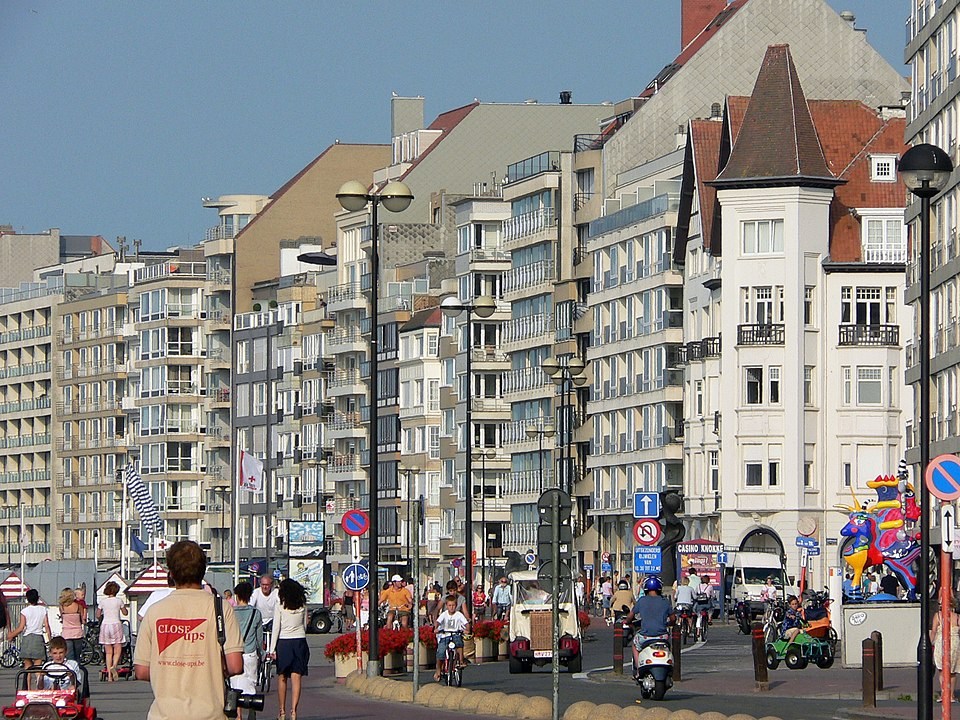The coastal town of Knokke is to start a campaign to oblige all new owners of property in the municipality to register the new address as their official first residence, new mayor Piet De Groote said in an interview with De Tijd.
De Groote became the new mayor last weekend on the death of Leopold Lippens, who had occupied the post for 42 years uninterrupted.
The aim of the new rule is to stop rising property prices, driven by demand from people rich enough to afford a second home or apartment, from keeping out people of lesser means who would like to live in the town.
“At present, 21,000 of our 39,000 homes are owned by outsiders,” De Groote told the paper.
“If we don't intervene, it will be 80%. Then we end up in a situation like the French ski resort of Courchevel, where the number of real inhabitants dropped from 10,000 to 1,000.”
The rule, when introduced, will only apply to newly purchased properties outside of the tourist centre, in areas like Heist, Oud-Knokke, Duinbergen and Westkapelle, so the proportion mentioned may not change dramatically for a long time, as such properties are often kept in families when the original purchaser dies.
In the tourist areas, the existing free-for-all will remain, where it is not unusual to hear reports of deparate would-be buyers going door to door asking if the property is for sale.
Knokke is regularly the most expensive place in the country to buy property, according to figures maintained by the ministry of finance. Last year, the average price paid for a home was €564,033 – 21% higher than the average five years ago.
For the entire coast taken together, the five-year rise came to 15%.
And De Groote faces another potential problem: the question of legality.
In no other municipality in the country is there such a restriction on buying property. The legislation to implement the rule will take the form of a territorial implementation plan, known as an RUP, which sets out to tackle overcrowding in particular neighbourhoods.
Such RUPs exist elsewhere, but not for the purpose of the one in Knokke.
“This plan is well-intentioned, but I don't think you can ever make such a RUP that will pass the test of the Council of State,” said Steve Ronse, lecturer in real estate law at KU Leuven.
“This is very difficult from the point of view of property law.”
Alan Hope
The Brussels Times

